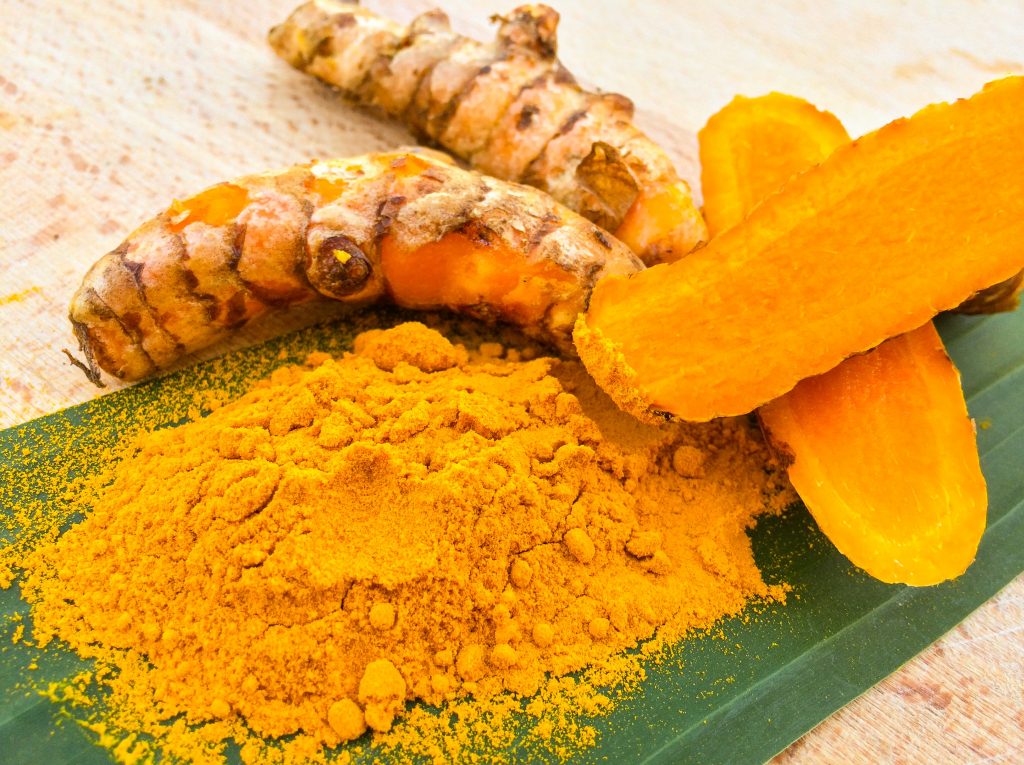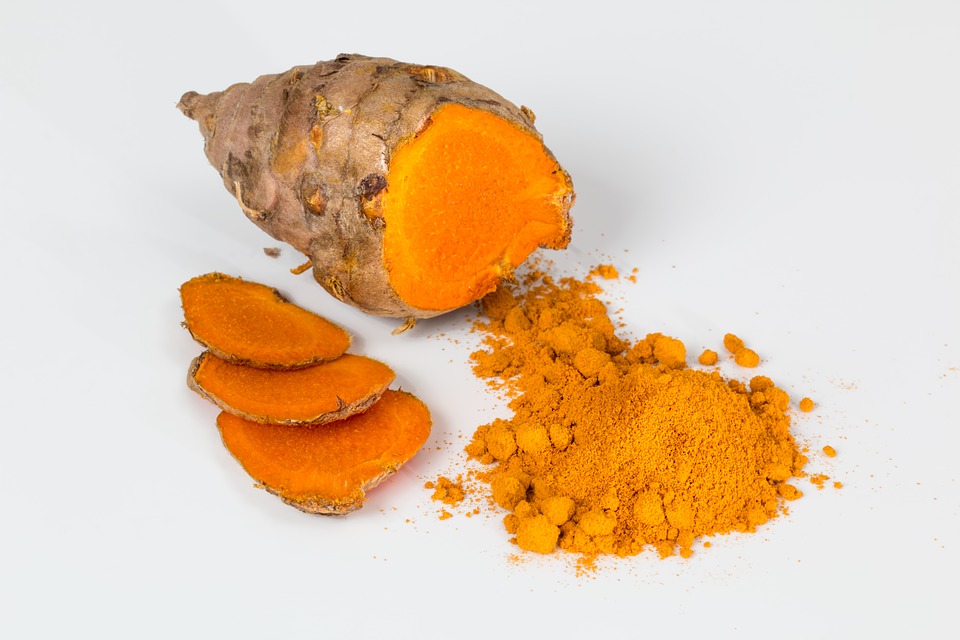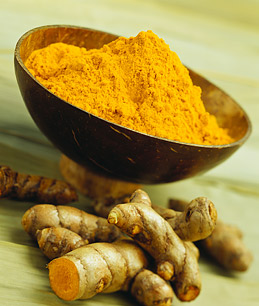
People constantly rave about how they love Indian food. They savor the aroma and all the flavorful spices. The delectable tastes tantalize their taste buds and leave an indelible impression.
While Indian spices can enhance the enjoyment of any dish, they also have medicinal properties. Each spice used in Indian cooking has multiple health benefits. Spices can be utilized in a number of home remedies for healing common ailments naturally.
According to Ayurveda, each food has at least one of six tastes or rasas: sweet, sour, salty, bitter, pungent, and astringent. We require each taste in our diet.
One of the best health promoting spices in Ayurveda is turmeric. Turmeric is pungent, bitter and astringent. It may be consumed by all three Ayurvedic body types, but may increase Pitta dosha if used excessively, as it’s heating. There are many Ayurvedic health benefits of turmeric. Turmeric is anti-septic, anti-bacterial, anti-flatulent, and a decongestant. It is also an adaptogen and has been getting rave reviews by even medical doctors.
Turmeric derives from the rhizomes of the plant Curcuma longa, which is a member of the ginger family. Curcumin is the most active component of turmeric and has powerful antioxidant and anti-inflammatory properties. It is known in Hindi as haldi or in Gujarati as hardar.
Turmeric maintains the flora of the intestines and helps guard against gastric disorders. It’s a natural antiseptic, antibacterial agent and blood cleanser, useful in disinfecting cuts, burns, wounds, and other skin infections.
Taking turmeric is a natural way to detox the liver. Curcumin has been found to help increase the flow of bile, which is an important component in the breakdown of dietary fat.
For diabetics, turmeric may be taken to help regulate blood sugar. Due to its anti-inflammatory properties and pain relieving properties, curcumin is used for arthritic pain. Multiple studies have shown that turmeric has anti-cancerous properties.
- For a cough, tonsillitis, or pharyngitis, boil 1 cup of milk with 1 teaspoon of turmeric on the stove for a few minutes and drink at bedtime.
- For a sore throat, gargle with ½ teaspoon turmeric powder and ½ teaspoon of mineral salt in 1 cup of warm water several times a day.
- For cuts, wounds, fungal infections, and athlete’s foot, apply a mixture of ½ teaspoon turmeric and 1 teaspoon aloe vera gel to the affected area.
- For swelling from injury, apply a paste of turmeric and water to the area.
- For swollen gums and canker sores, apply turmeric powder directly to the affected areas.
- For upper respiratory congestion, dry cough, or asthma, boil 1 cup of milk with 1 teaspoon of turmeric on the stove and drink at bedtime.
Many Indians start their day by brushing their teeth, scraping their tongue, and then drinking a glass of warm water with a teaspoon of turmeric as a preventive measure.
The easiest way to use turmeric is to add it to your food. It may also be taken in tablet form. This spice also comes in a liquid extract or tincture form making for easier assimilation into the bloodstream. Please consult your health care practitioner or medical professional for advice on how to best incorporate natural healing modalities into your life.


Recent Comments
Thanks a lot for exploring us readers to all the benefits that we can get out of using turmeric both useful in adding a delicate taste and serve as a preventive measure for Alzheimer’s , diabetes, and any other diseases. Keep up the good work guys!
Great blog! I love the last line of your post, “Many Indians start their day by brushing their teeth, scraping their tongue, and then drink ing a glass of warm water with a teaspoon of turmeric as a preventive measure.” I too am always trying to add a little turmeric into my diet “for good measure.”
I look forward to reading more on your blog–it looks great!
Preena
These is quite an awesome post on how important tumeric is. It is really the best spice ever,and that even it is the only one it can absolutely spice us our life, how awesome, thank you so much for such useful post. Keep on posting.
Comments are closed.